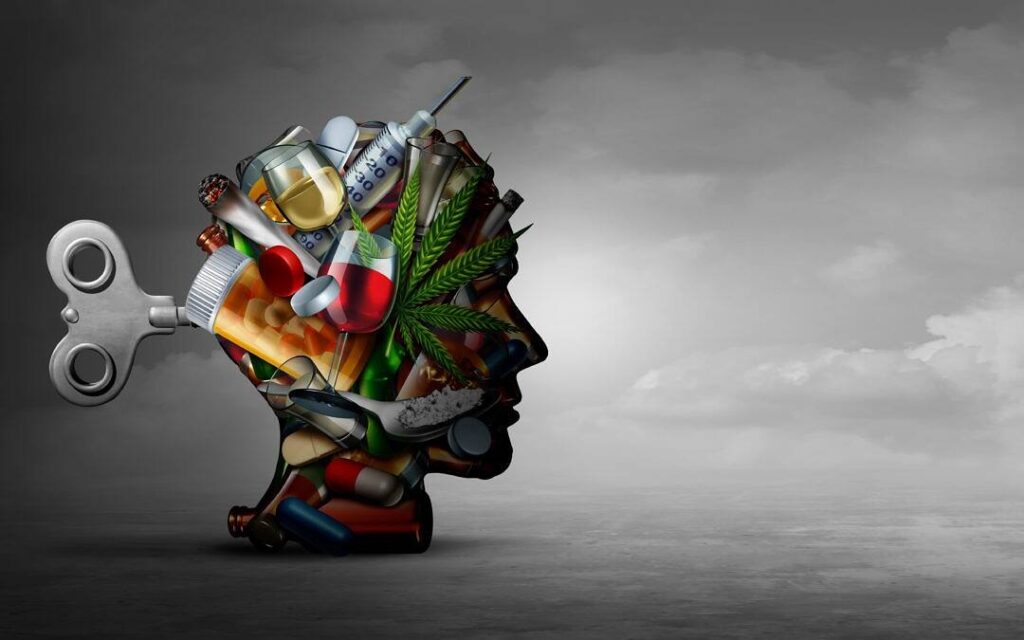Bulimia nervosa is a behavioural eating disorder that causes damage to a person, both emotional and physical.
It may not be noticeable to others, as they work tirelessly to keep their weight at a certain level. If you know the symptoms, you will better spot a loved one struggling with this condition.
Treatment options for Bulimia Nervosa
Treatment is an option if this sounds like you or someone you know. Cognitive behavioural therapy is one way that unrealistic expectations are managed, and there is a good amount of research supporting its effectiveness.
Mindfulness training and relaxation techniques help with the compulsion and the anxiety that comes from it. Some medications can help with the depression and anxiety that come from the damage of bulimia. This is a treatable condition, and the main issue is getting people into treatment.

During the assessment, Detox Plus UK will identify and discuss the possibility of several ‘co-occurring’ problems, essentially alcoholism and drug addiction. If required, a detoxification period and an aftercare programme can be arranged for you.
What you can do to support someone, or yourself, with bulimia and alcohol abuse is to get them into treatment as soon as possible. With help and support, this condition can be overcome, and the pain can stop. We offer expert treatment and help for eating disorders in London and all over the UK.



